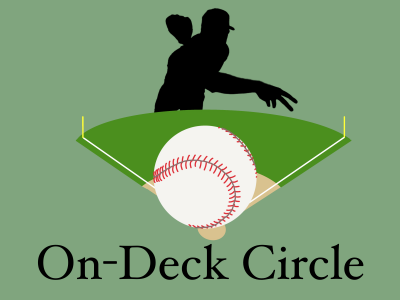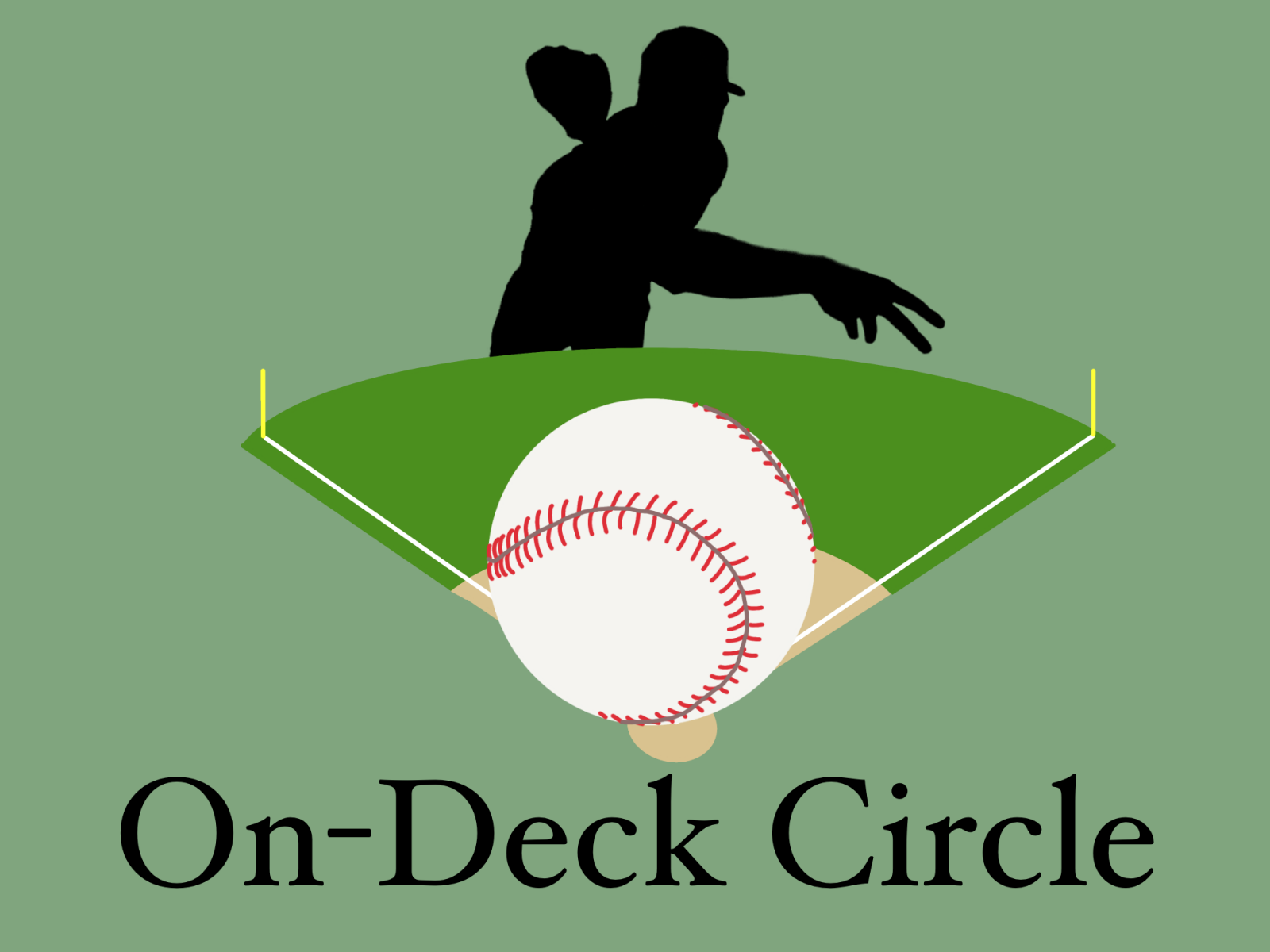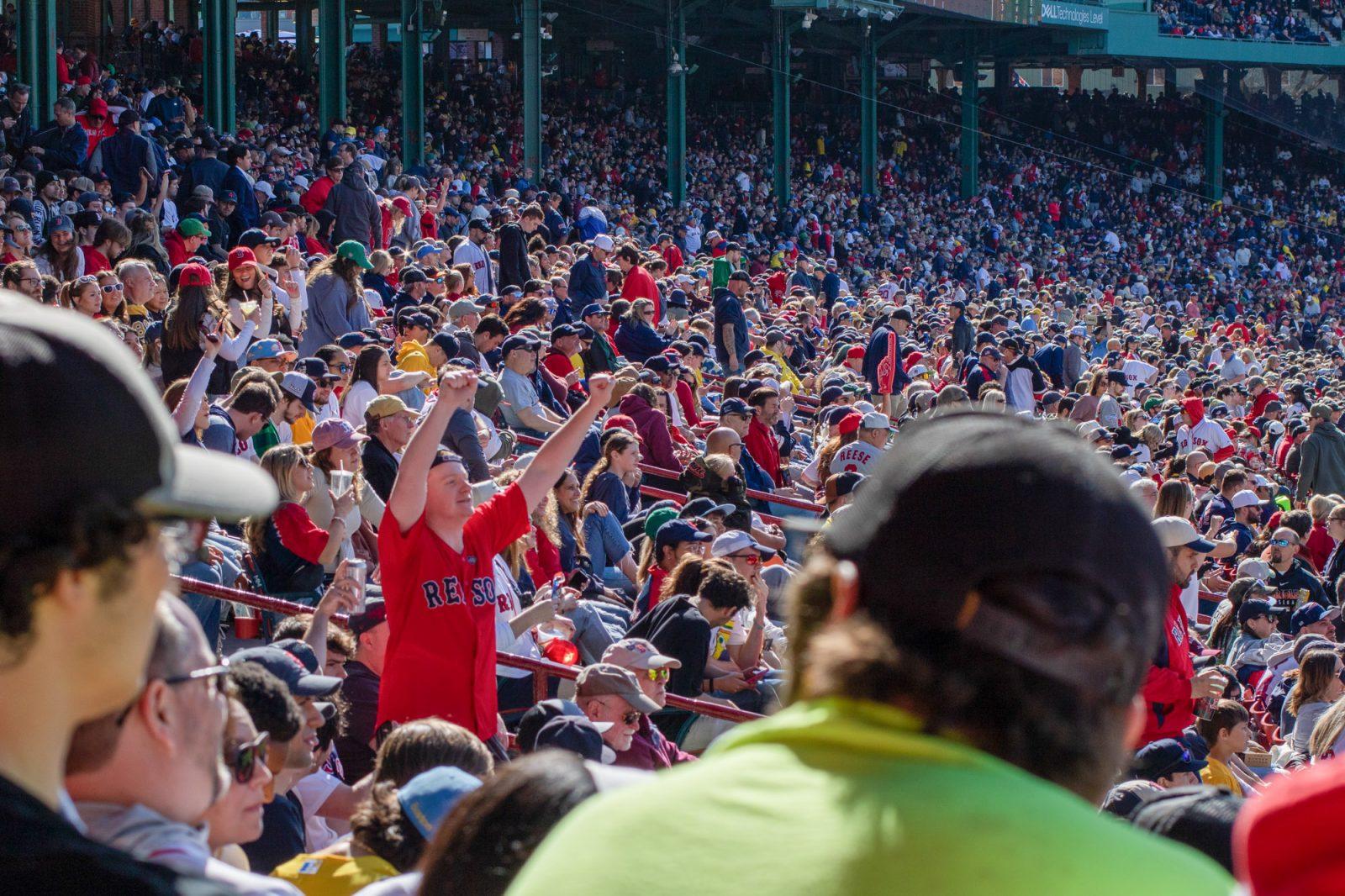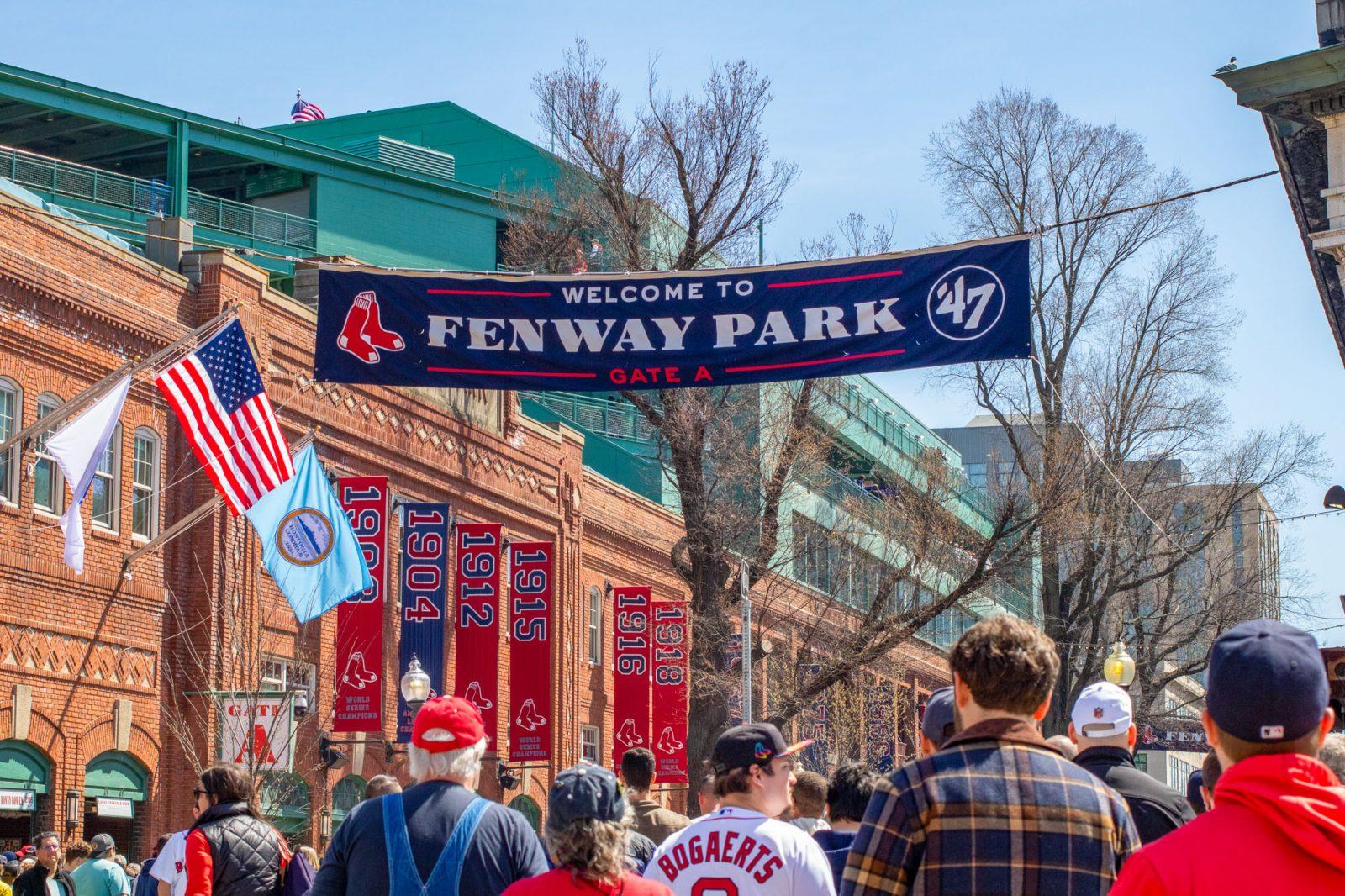During the 2022 offseason, Major League Baseball announced a series of new rules in order to improve the game-watching experience for fans through speedier gameplay, more stolen bases and increased base-hits.

The first change the league implemented is a pitch clock. Pitchers will now be limited to 15 seconds between pitches when the bases are empty and 20 seconds with runners on base. If the timer expires before the pitcher gets the ball out, a ball is automatically added to the count.
However, pitchers won’t be the only players affected by this rule. MLB announced batters must be “alert to the pitcher” and inside the box by the eight-second mark or be charged with a strike.
Another concern is a new disengagement limit. If the pitcher steps off the rubber or unsuccessfully attempts a pickoff three times in one plate appearance, the runner automatically advances.
MLB also announced a three-inch increase for all bases except home plate, extending them from 15 square inches to 18 square inches. The league added this standard to give infielders and runners more room to operate with the goal of avoiding any unnecessary contact.
Lastly, MLB limited the defensive shift, requiring two infielders on both sides of second base. All four infielders must have both feet completely on the infield dirt when the pitcher steps on the rubber. The rule also prohibits repositioning infielders, preventing teams from switching better defenders to the side of the field a certain batter is likely to target. Any violations will allow the opposing team to choose either an automatic ball or the outcome of the play.
The shift ban has been the most controversial new rule. Many argue it takes away defensive strategy and limits defensive creativity.
In years prior, defenses could take advantage of pull hitters like Joey Gallo who favored hitting the ball to one side of the field. Now, hitters will be challenged to improve their versatility at the plate.
However, this rule will show fans and experts alike who the best all-around hitters are. The players that will succeed the most under these new rules will be those who can spray the ball to all areas of the field as opposed to one’s who can just beat the shift.
These adjustments will only help the sport grow.
Standard nine-inning games will no longer last more than three-and-a-half to four hours. The era of teams playing until 1 or 2 a.m. and traveling the same day are over.
Baseball fans — longtime enthusiasts and new converts alike — do not want to sit in the bleachers for hours on end on a hot July day. While pickoffs and pitch selection are critical parts of the game, fans don’t have time for a pitcher to walk around the mound three times and pick up the rosin bag twice between every throw.
While the serious and seasoned fan may enjoy a pitcher’s duel and a 1-0 score once in a while, if MLB hopes to continue to grow its international appeal, games where teams only muster three or four base-runners will not help.
Banning defensive shifts fixes this exact issue.
Again, while some may argue that the shift is part of the game’s strategy, banning it will ensure more runners reach base.
Barring that, fans want to see fielders go the extra mile and make eye-catching plays diving across the diamond.
While many see the increase in the size of the bases as a solution to safety concerns, it also opens the door for more stolen bases and extra-base hits.
In conjunction with the new pickoff rule, bigger bases provide a huge advantage to runners. Once a pitcher checks a runner twice, the runner can increase their lead knowing the pitcher will likely be throwing home.
Speedsters like Jon Berti, Jorge Mateo and Cedric Mullins, who led the league in stolen bases last season, will be able to take full advantage of these rules and continue their basepath thievery.
The only downside to these new rules anyone should be upset about is that walk-up music for batters will be limited to 10 seconds. For any BU student planning to visit Fenway Park, Kiké Hernández’s “Tití Me Preguntó” by Bad Bunny or Rafael Devers’s “Leyenda” by Anuel AA will be cut short.
While these new rules may take away from the strategy of the game, it will ultimately help the league achieve its main goal: bringing in fans who view baseball as an outdated, ancient and slow game.























































































































